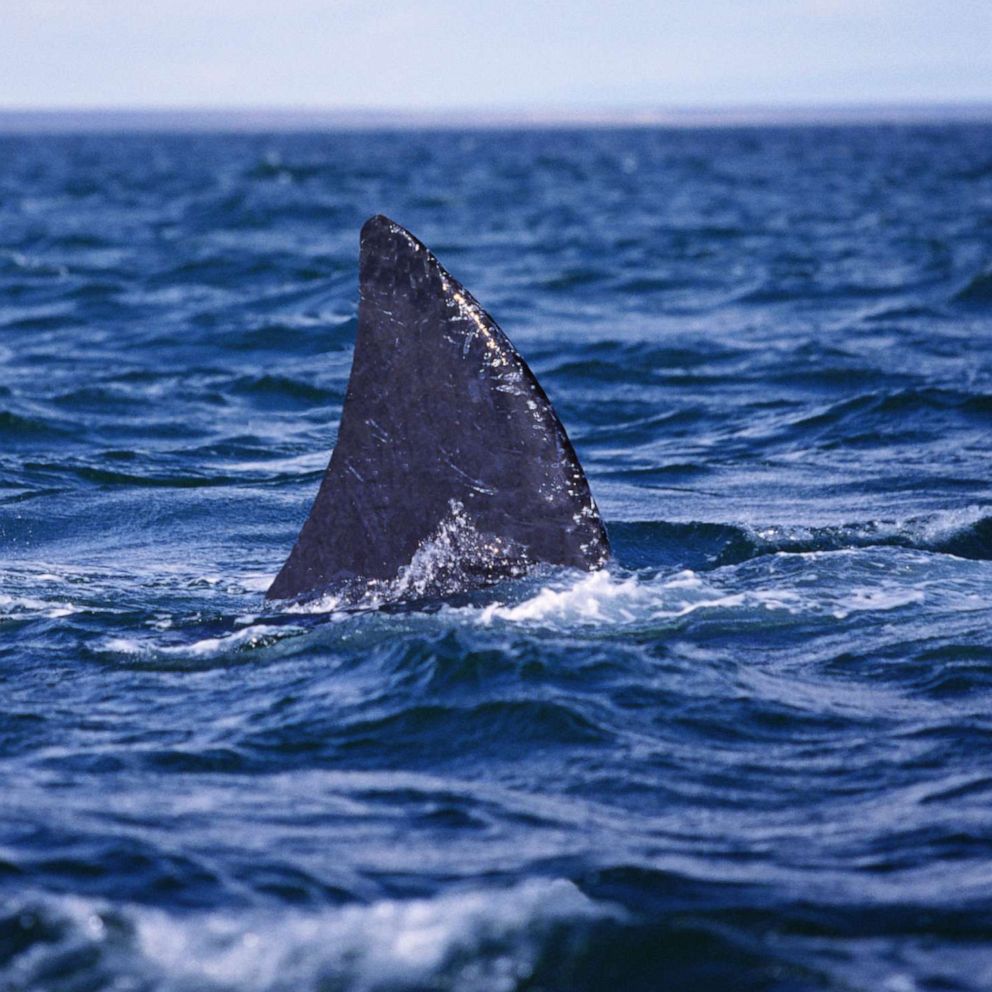US Warplanes Destroy 116 ISIS Fuel Trucks in Syria
The attacks are part of a broadened campaign to hurt ISIS oil operations.
— -- U.S. aircraft have destroyed 116 fuel trucks used by ISIS to generate income for its operations, which is part of an expansion of the U.S.-led coalition's targeting of ISIS' oil-smuggling operations.
The airstrikes today in Syria and broadening of targets involved in ISIS' oil-smuggling operations were planned before the Paris terror attacks.
Launched almost a month ago, Operation Tidal Wave II has increased the coalition's targeting of ISIS' fuel operations that continue to generate millions of dollars a month in income for the terror group. As part of the broadened targeting coalition, aircraft have struck oil fields and oil and gas-generating plants in eastern Syria.
Today’s strikes targeted for the first time a gathering area for the hundreds of fuel trucks used to transport ISIS oil. Until now, the coalition had refrained from targeting the fuel trucks in an effort to minimize civilian casualties.
"One strike destroyed 116 ISIL fuel trucks” near Abu Kamal, which is located near Dayr al Zawr, according to the coalition's daily airstrike summary released. The Pentagon believes that area of eastern Syria is where the heart of ISIS’ oil operation is located and generates as much as two-thirds of its oil revenue.
In an effort to minimize potential civilian casualties, two F-15 fighter jets dropped leaflets an hour prior to the airstrike , warning drivers to leave the almost-300 vehicles gathered in the target area.
Four A-10 aircraft and two AC-130 gunships were used to bomb and strafe the vehicles.
From the very beginnings of the air campaign against ISIS, the U.S.-led coalition has targeted the terror group's oil-smuggling operations by striking infrastructure targets like mobile oil platforms.
But Col. Steve Warren, a U.S. military spokesman in Baghdad, told Pentagon reporters last week that despite the sustained strikes, ISIS was able to repair targeted facilities in short order.
"We'd conduct a strike against some piece of the oil infrastructure, and then within, you know, 24, 48, 72 hours, the enemy have managed to repair that piece of infrastructure, and were back up and running."
A month ago the coalition launched Operation Tidal Wave II, a broadened campaign to target ISIS' oil operations that would strike additional targets and keep them out of commission for extended periods of time.
The operation began Oct. 21 when coalition aircraft conducted a strike on the Omar oil fields in eastern Syria. Since then, there has been additional targeting of gas and oil-separation plants and strikes in the Tanak oil field in eastern Syria.
"What we've done is we've used very precise carving, a very detailed analysis to strike certain parts of these facilities that will cause them to shut down for an extended period of time," Col. Warren said, the result of needing replacement parts that are much harder for ISIS to obtain.




